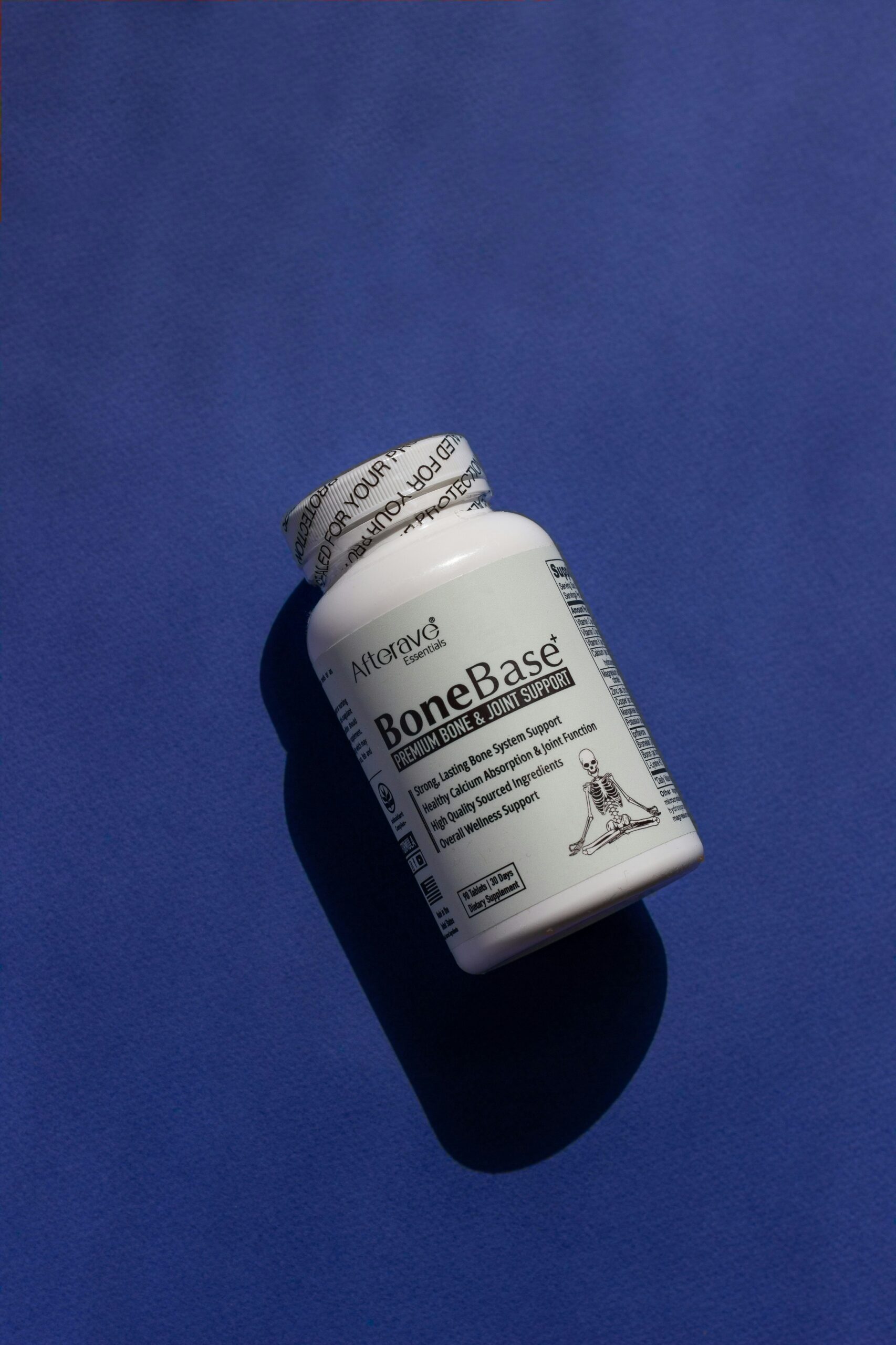Have you ever noticed mild changes related to your prostate and wondered if it’s time to get a medical opinion? It’s a common concern, especially as men age, and understanding when to seek help can bring peace of mind and better health outcomes. Let’s talk through the aspects of mild prostate symptoms and whether they might warrant a visit to your doctor.

Understanding the Prostate and its Functions
The prostate is a small gland located beneath the bladder, and it plays a crucial role in male reproductive health. It's responsible for producing a fluid that nourishes and transports sperm. As you age, the prostate can undergo changes that may lead to symptoms affecting your urinary function or general well-being.
Basic Functions of the Prostate
- Fluid Production: The prostate produces seminal fluid, which is a component of semen. This fluid helps protect and nourish sperm during ejaculation.
- Muscle Control: The prostate muscles help push out semen during ejaculation.
- Urinary Function: It surrounds the urethra, the tube through which urine exits the body, and helps control urine flow.
Understanding how the prostate functions can help you recognize when something might not be right and when to consider seeking medical evaluation.
Common Prostate Changes as You Age
As you age, the likelihood of experiencing prostate-related changes increases. It’s a natural part of getting older, but not all changes are cause for immediate concern. Recognizing what is typical can help you determine when it might be time to get a health professional involved.
Benign Prostatic Hyperplasia (BPH)
BPH, or an enlarged prostate, is a non-cancerous increase in the size of the prostate. It is particularly common in older men and can lead to urinary symptoms that may be mild to bothersome.
- Symptoms of BPH:
- Frequent urination, especially at night
- Difficulty starting urination
- Weak urine stream or a stream that stops and starts
- Inability to completely empty the bladder
Prostatitis
Prostatitis refers to inflammation of the prostate and can occur in men of all ages. It often presents with urinary symptoms or pelvic pain and may require treatment based on the underlying cause.
- Symptoms of Prostatitis:
- Pain or discomfort in the pelvic area
- Painful urination or ejaculation
- Flu-like symptoms (if bacterial)
Prostate Cancer
Prostate cancer is a serious condition that needs timely diagnosis and treatment. However, it often causes no symptoms in its early stages and is usually detected through screening.
- Symptoms of Prostate Cancer (when present):
- Trouble urinating
- Decreased force in the stream of urine
- Blood in urine or semen
When to Seek Medical Attention
Understanding when to see a healthcare provider involves recognizing symptoms and weighing them against potential implications for your health. Mild symptoms may not require immediate intervention, but monitoring them is important.
Mild Symptoms to Monitor
If you experience mild symptoms such as slight difficulty starting urination, a slightly weaker stream, or slightly more frequent urination that does not interfere with your daily life, it might be safe to monitor them for changes.
- Develop a Symptom Journal: Keep track of your symptoms, how often they occur, and how they affect your life. This information can be invaluable for your healthcare provider.
Red Flags That Require Immediate Attention
Certain symptoms should prompt more immediate medical evaluation because they could indicate more serious conditions like infections, significant bladder obstruction, or even cancer.
- Significant Red Flags:
- Inability to urinate
- Intense pain in the urinary tract or pelvic region
- High fever with urinary symptoms
- Blood in the urine or semen
How Doctors Diagnose Prostate Problems
If you decide to seek medical advice, understanding the diagnostic process can ease anxiety and help you know what to expect. Healthcare providers use several methods to assess prostate health.
Medical History and Symptom Review
Your doctor will begin by reviewing your medical history and discussing your symptoms. They may ask about the frequency, severity, and any changes you've noticed. This helps them determine the next steps in the evaluation.
Physical Exam
A digital rectal exam (DRE) is a standard procedure where your doctor feels the size, shape, and texture of your prostate to detect abnormalities.
Diagnostic Tests
- Prostate-Specific Antigen (PSA) Test: Measures the level of PSA in the blood and can indicate changes in the prostate.
- Urinalysis: Checks for signs of infection or other conditions.
- Ultrasound or MRI: Imaging tests may be used to view the prostate more clearly if needed.

Treatment Options for Prostate Symptoms
Depending on the diagnosis, several treatment options are available. Mild cases might only require lifestyle changes, while more severe or persistent symptoms could necessitate medication or even surgery.
Lifestyle and Home Remedies
For mild symptoms, simple changes can sometimes improve comfort and decrease the need for medical interventions.
- Dietary Changes: Reduce caffeine and alcohol intake, as they can irritate the bladder.
- Bladder Training: Establish a schedule to reduce urgency and frequency.
- Pelvic Floor Exercises: Strengthen muscles around the bladder.
Medications
If symptoms interfere with life quality, medications might be recommended, ranging from those that relax the bladder to those that shrink the prostate.
- Common Medications:
- Alpha-blockers: Improve urine flow by relaxing bladder neck muscles.
- 5-Alpha reductase inhibitors: Gradually shrink the prostate.
Surgical Options
When other treatments are ineffective, surgery might be necessary, especially for BPH or when cancer is present.
- Types of Procedures:
- Transurethral resection of the prostate (TURP)
- Prostatectomy for prostate cancer
Prostate Health and Prevention
Proactive measures in lifestyle and healthcare can help maintain a healthy prostate and potentially prevent serious issues.
Regular Screenings
As you age, regular screenings can catch changes early, even before symptoms arise. Discussing screening schedules with your doctor is key to effective monitoring.
Healthy Lifestyle Choices
- Maintain a Healthy Diet: Emphasize fruits, vegetables, and whole grains.
- Stay Active: Regular physical activity can improve overall health and potentially reduce prostate issues.
- Avoid High-Risk Substances: Limiting red meat, high-fat, and processed foods can be beneficial.

Conclusion
Determining whether to seek medical attention for mild prostate symptoms involves understanding your body, recognizing symptoms, and evaluating their impact on your life. While not all changes need immediate intervention, staying informed and regularly communicating with your healthcare provider ensures that you remain vigilant about your prostate health. Don’t hesitate to reach out to a healthcare provider with concerns; prioritizing your health is always a wise choice.

